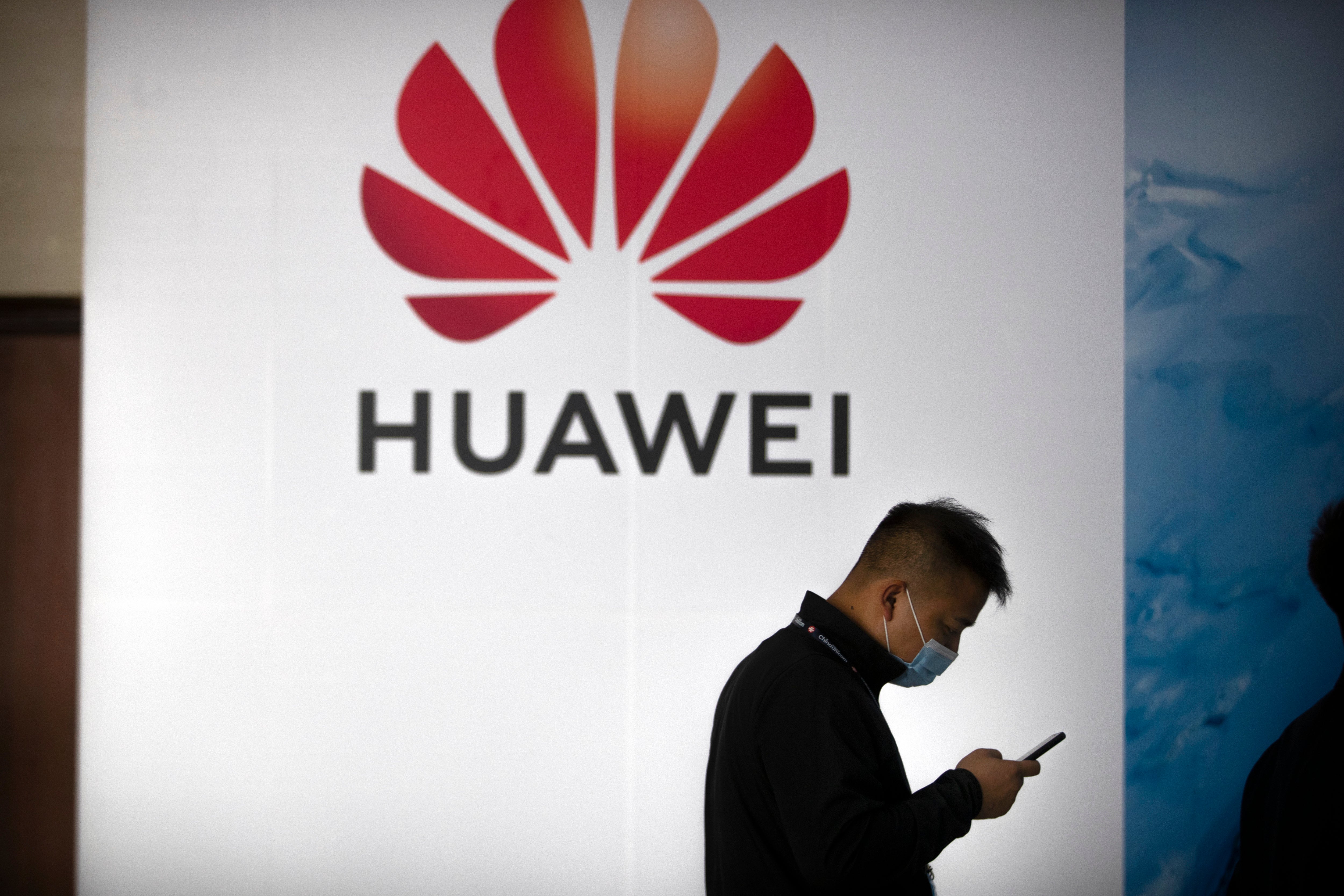China's Huawei says sales down but new ventures growing
Chinese tech giant Huawei says its revenue fell in the first half of 2022 but new ventures in autos and industrial technology helped to offset a decline in smartphone sales under U.S. sanctions

Your support helps us to tell the story
From reproductive rights to climate change to Big Tech, The Independent is on the ground when the story is developing. Whether it's investigating the financials of Elon Musk's pro-Trump PAC or producing our latest documentary, 'The A Word', which shines a light on the American women fighting for reproductive rights, we know how important it is to parse out the facts from the messaging.
At such a critical moment in US history, we need reporters on the ground. Your donation allows us to keep sending journalists to speak to both sides of the story.
The Independent is trusted by Americans across the entire political spectrum. And unlike many other quality news outlets, we choose not to lock Americans out of our reporting and analysis with paywalls. We believe quality journalism should be available to everyone, paid for by those who can afford it.
Your support makes all the difference.Chinese tech giant Huawei said Friday its revenue fell in the first half of 2022 but new ventures in autos and other industries helped to offset a decline in smartphone sales under U.S. sanctions.
Revenue fell 5.9% from a year earlier to 301.6 billion yuan ($44.8 billion) in the six months through June 30, according to the company, the biggest maker of network gear for phone and internet carriers. It gave no profit but said its profit margin was 5%, which would be about 15 billion yuan ($2.2 billion).
Huawei Technologies Ltd., China's first global tech brand, has struggled since then-President Donald Trump blocked access to U.S. processor chips and other technology in 2019. The company denies American accusations it is a security risk and might facilitate Chinese spying.
Huawei, headquartered in Shenzhen, near Hong Kong, has stepped up development of network technology for autos, hospitals, mines and manufacturing. It says that is now less vulnerable to U.S. sanctions.
“While our device business was heavily impacted, our ICT infrastructure business maintained steady growth,” Ken Hu, one of three executives who take turns as chairman, said in a written statement.
The first-half sales decline was an improvement over a 14% drop reported for the first three months of the year. The profit margin was wider than the first quarter’s 4.3%.
Sales by Huawei’s device unit, which includes smartphones, fell 25.3% from a year earlier to 101.3 billion yuan ($15 billion). Sales of network equipment to telecom carriers and companies rose.
Huawei reported a 113.7 billion yuan ($17.8 billion) profit last year but said revenue plunged 28.6% from 2020.
Its auto venture has played a role in five models released by three Chinese automakers. Huawei supplies components and software for navigation, dashboard displays, managing vehicle systems and other services.
Huawei, founded in 1987, says it is owned by the Chinese citizens who make up half of its global workforce of 195,000. It started announcing financial results a decade ago in an effort to defuse Western security concerns about the company.
Also Friday, Huawei expressed concern about a new U.S. law, the “CHIPS and Science Act,” which promises aid to companies that invest in processor chip production in the United States. It is intended to reduce U.S. reliance on Taiwan, which produces most of the world’s high-end chips, and China, which assembles most smartphones and other electronics.
Any measure that reduces global industry collaboration “will greatly hinder scientific and technological innovation,” Huawei said in a statement.